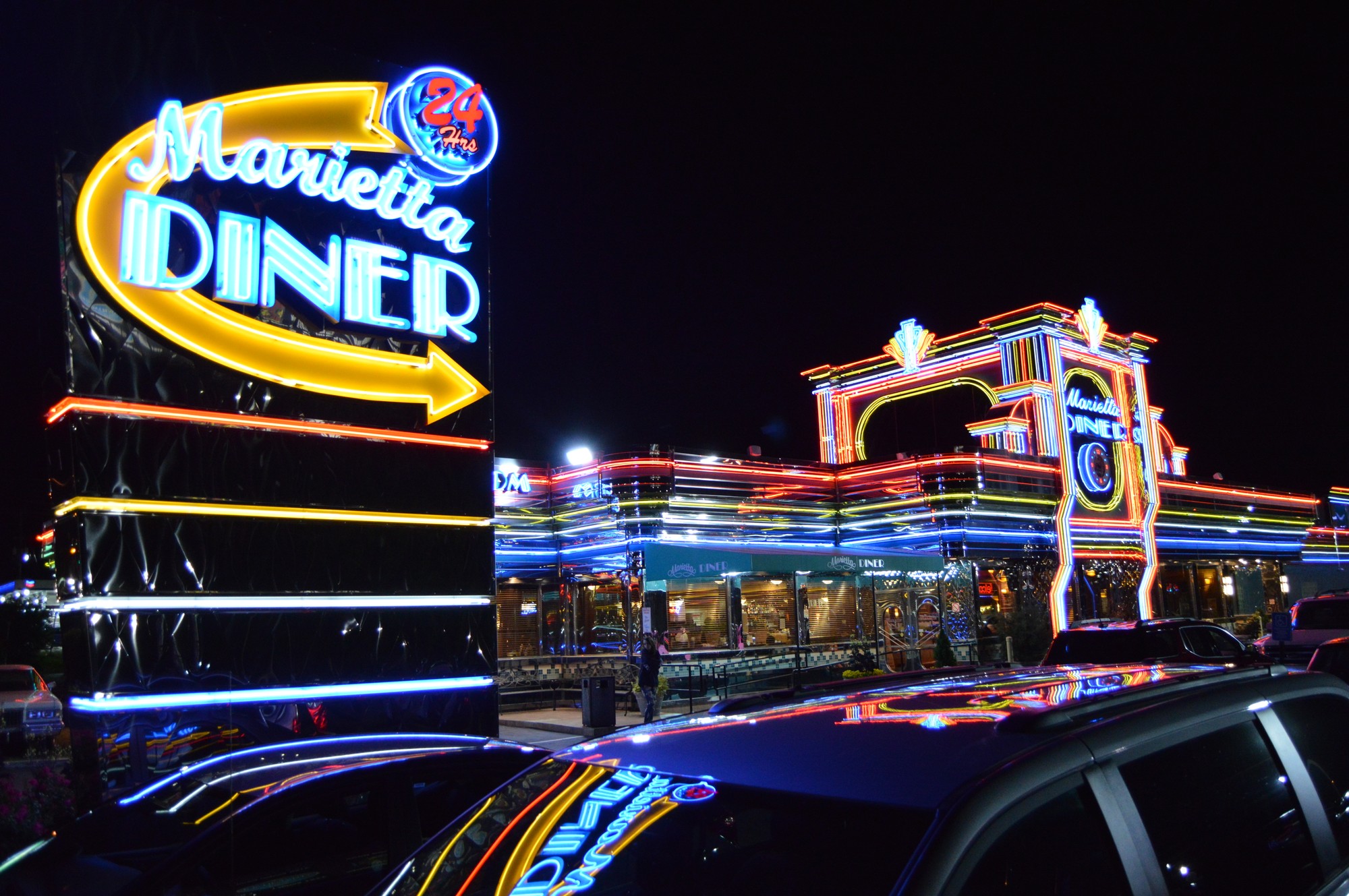As roadside snowmen melt away, future political as well as business leaders should learn how to handle mistakes with humility.
Students learn as early as elementary school that failing to learn about history dooms us to repeat it. Why then haven’t government officials and school boards learned from the past concerning winter weather in the Atlanta area?
I grit my teeth and swallowed some of my own words a few hours after snapping a shot of the first falling snowflakes. From the English building’s second floor, I scoffed at the threat of a “few inches of snow” because I grew up in New Jersey and lived north of the Mason-Dixon line for more than 20 years. Since moving to Atlanta, I’ve only seen snow stick to the ground twice. Yet, I seem to have learned more and swallowed more pride than the mayor of Atlanta.
Al Roker was 100 percent correct that we “were warned.” An article in “The Daily Mail” by Louise Boyle and James Nye quotes Roker as he lambasted both Gov. Deal and Mayor Reed for publically and cockily stating that they “cannot control Mother Nature” and that the National Weather Service never showed Atlanta would be hit.
The problem, as we all know now, came when the snow started falling steadily. And sticking. Those who should have thought about it, should have gone through a process of thinking similar to this:
We might have snow Tuesday, but we don’t want to cancel school unnecessarily. But, what will happen if it starts to snow midday and we release schools and businesses early? At this exact line of critical thinking, those involved with making decisions should have just played it safe.
And if officials learned anything, it wasn’t planning. “The city now has 30 spreaders, 40 snowplows and 70,000 tons of sand and gravel versus just four pieces of equipment three years ago,” Mayor Reed said . Yet, the increased equipment couldn’t help an overwhelmed highway system. Once the snow started, it was too late. Lack of planning made Atlanta look incompetent. This major city became a joke to cities across the nation as well as the world. Our “clusterflake” left us at the butt of many jokes. As well it should have. After all, we were warned.
Two things that never mix are frustrated people and cocksure leaders. Those drivers who sat in traffic from anywhere from two to 24 hours experienced incredible frustration. Reed’s response inflamed the situation. Parents of children stuck on school buses overnight could not be consoled with such cocky reactions on the part of the leaders.
By Friday parents were angered all over again because for the fourth straight day their children were out of school. On a day when the high is expected to hit 52 degrees! How can I argue that, it seems downright ridiculous that Gov. Deal extended the state of emergency until Sunday? Poor planning resulted in a much larger mess that reasonably could have been foreseen.
“I didn’t lose my patience or temper once in the 5 1/2 hours that I was stuck in traffic,” Amy Shelly said. “However, when the time came for me to consider leaving my car and wondering if my boys could make it – that scared me. By no means do I think this was catastrophic. It’s more angering to know that it was a result of terrible leadership and decision-making on many, many levels. I find it hard to believe that a metropolis the size of Atlanta does not have a contingency plan in place for an event like this.”
Present and future leaders need to learn from the snowpocalypse of 2011 as well as 2014. Study the history and think critically to develop strategies that can be implemented. The ability to prepare for rare crises is the foundation of a strong leader.
Ellen Eldridge, Senior
Communication major



